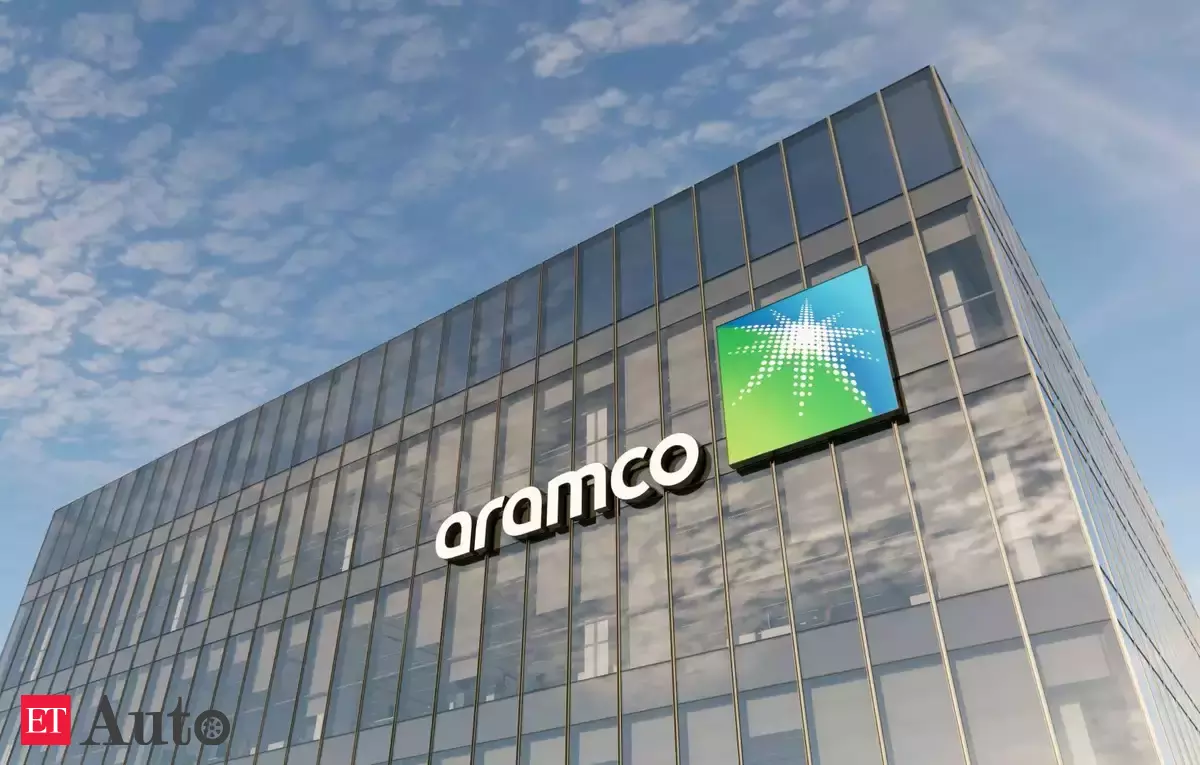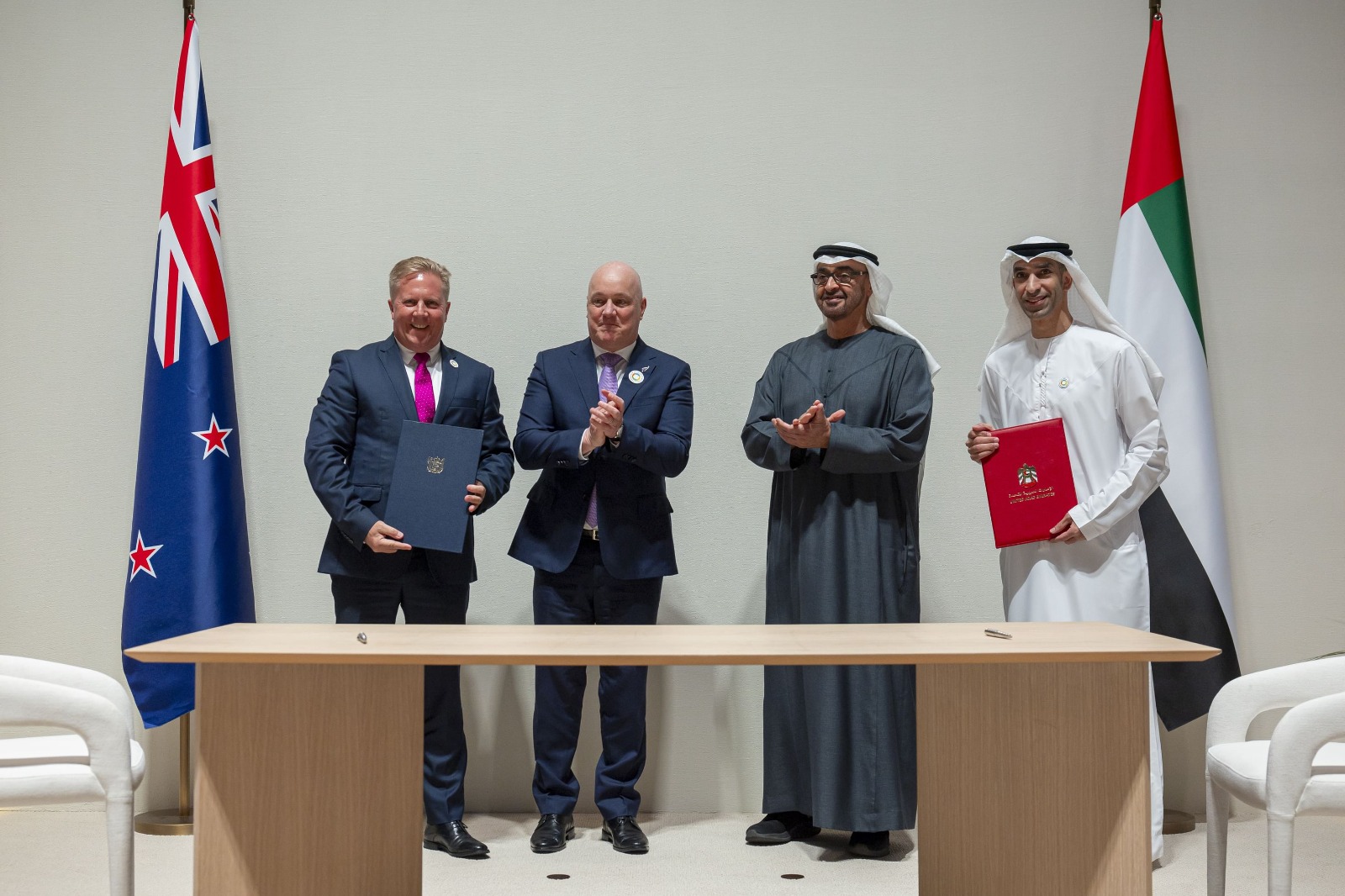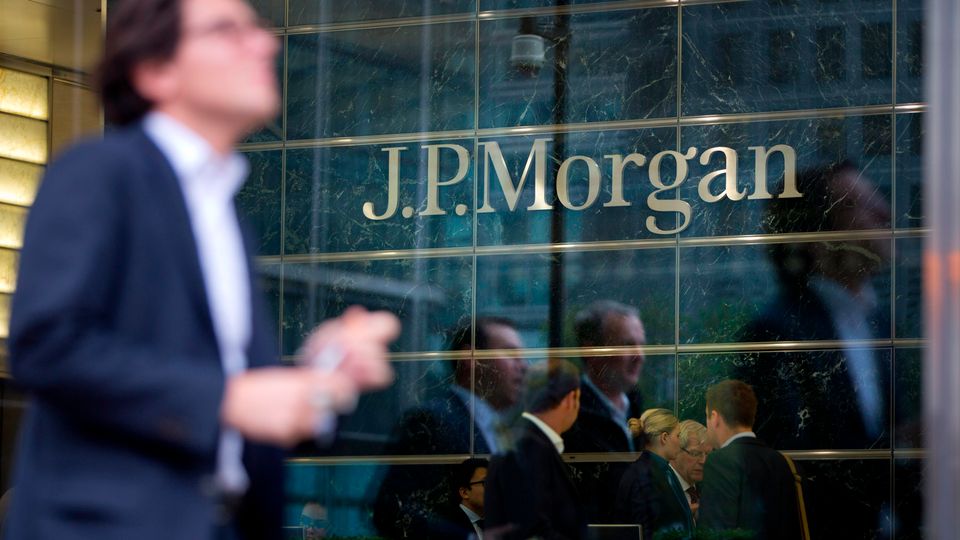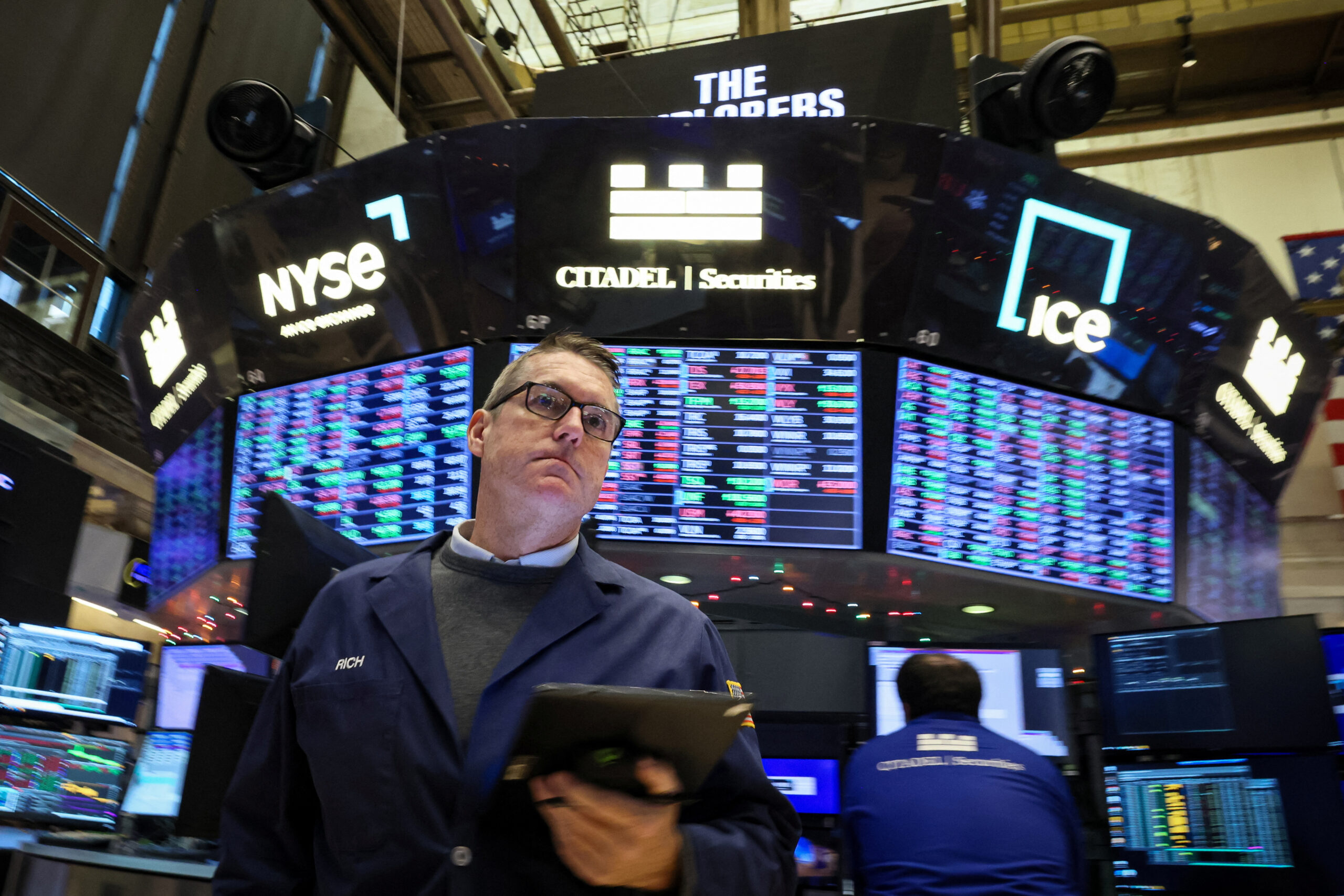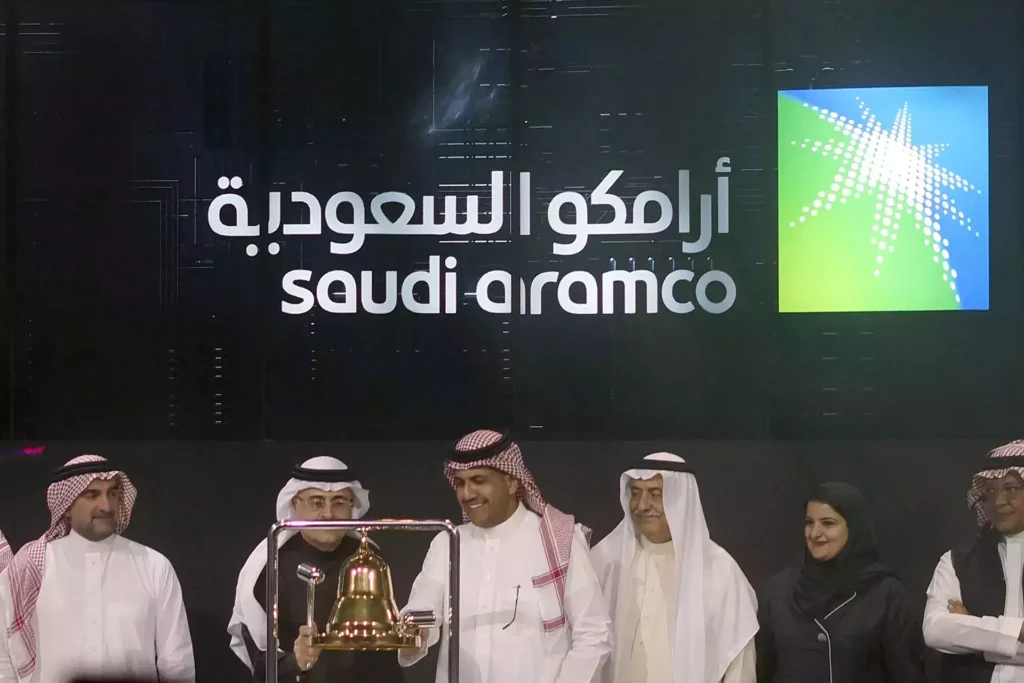
Mergers and acquisitions (M&A) activity in the Middle East and Africa (MEA) region saw a significant rebound in the third quarter, reaching its highest levels in nearly three years, with the oil giant Saudi Aramco recording the largest transaction.
Third-quarter deals
During the third quarter, the Gulf Cooperation Council (GCC) countries emerged as key players in major dealmaking in the MEA region, with seven of the 10 largest transactions involving Gulf companies, according to S&P Global Market Intelligence data released Tuesday.
Aramco’s $10.85 billion deal to acquire an additional 22.5% stake in Saudi’s Rabigh Refining & Petrochemical Co topped the large-scale transactions. The acquisition allows the majority state-owned oil giant to further strengthen its downstream portfolio, particularly in refining and petrochemicals, which are crucial for diversifying its revenue streams.
The Aramco transaction played a key role in the notable 145% increase in total M&A transaction value in MEA during the quarter, with the aggregate deal value soaring to $23.01 billion, up from $9.37 billion in the previous quarter.
This increase represents the highest quarterly M&A tally since the fourth quarter of 2021 when the total deal value reached $25.07 billion.
Other transactions
The third quarter marked a strong rebound from a lull between 2023 and the first half of 2024, according to Samuele Bellani, managing director and partner at Boston Consulting Group (BCG) in Dubai, in an October report.
Saudi Arabian Mining Company (Ma’aden) made significant moves in the Gulf region’s M&A landscape with two major transactions in September – the 20.62% interest it bought in Aluminium Bahrain for $1.06 billion and the 25% stake it acquired in Al Ba’itha Project and Refinery from Alcoa Corp. for $1.05 billion.
During the quarter, the UAE saw significant M&A activity, with three major deals highlighting the region’s attractiveness for investors across various sectors, including Shelf Drilling’s purchase of Shelf Drilling (North Sea) and Mashreqbank’s sale of 65% interest in NeoPay.
Deals in Africa
In Africa, the M&A landscape has been slower to recover compared to other regions, with deal volumes still “significantly below historical levels.” However, there are signs of stabilization, driven by the return of private capital and increased interest from foreign investors and financial institutions, according to Seddik El Fihri, managing director and partner at Boston Consulting Group (BCG).
El Fihri said in a report that the M&A landscape in Africa is expected to remain volatile, characterized by sporadic large deals and a concentration of activity in the more advanced economies. This volatility stems from various factors, including economic disparities across African nations, geopolitical uncertainties, and fluctuating market conditions.

